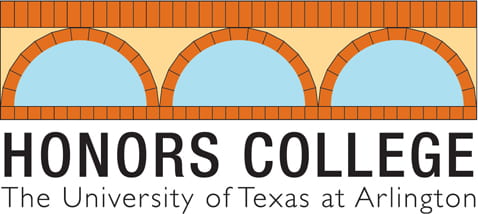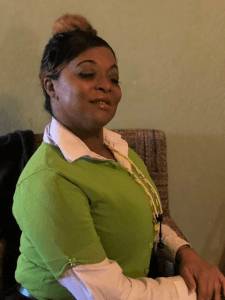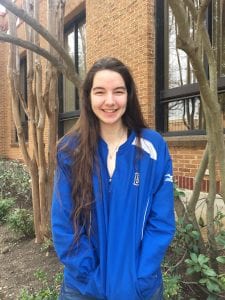This week’s #HCSS shines a spotlight on Kenya Loudd, an Interdisciplinary Studies junior from Ft. Worth! Loudd is a McNair Scholar.
MR: Tell me about being accepted to the McNair Scholar program.
KL: I was excited about it because research is the path that I want to take – research and professorship. So I was excited about it because it gives me an opportunity to get paid to do what I like to do anyway, and then prepare me to do it on a larger level than I’ve done it at before. And also to be able to present, and go to conferences, and things like that, so I’m very excited about it.
MR: You mentioned research and professorship. What are your goals after graduation?
KL: After graduation I am planning on enrolling in the Mind, Brain and Education master’s program here… and then getting a doctorate in Education. And like I said, I would like to be a professor. Ultimately, I would like to teach outside of the country. It may be [helping] form some schools in some impoverished areas around the world, particularly South America and Africa.
MR: Has the Honors College affected those goals?
KL: I think because I came in as a transfer student, that was really locked into my vision before I came in. So if anything, the Honors College has, with the extra workload…prepared me for what’s to come.
MR: What is it like being an INTS major?
KL: It’s fun because you get to do more than one thing at a time. So for instance, this semester, I start my day with Diversity Organizations, and then I go to a Black Families class, then I leave there and go to Intro to Social Work, and I end the day with Leadership Theory. So it’s like a splash of everything in a day. It’s not mundane, I’ll put it that way. It keeps my attention in a lot of different areas – and, not only that, what I’m studying allows me to see the intersectionality between all these things and look at them in a bigger picture, as opposed to if I was just studying one of these fields all by itself. I might not see how it all connects the same way.
MR: With INTS you minor in different things. What are your specializations?
KL: African American Studies, Disability Studies, and Leadership Studies.
MR: If you could give someone who’s just now entering college any advice, what would it be?
KL: Prioritize, that’s the biggest thing. Prioritize about what’s important and what’s not. Map out what your vision is. I know when you’re first starting, a lot of people – it’s probably different for me, because I’m older – but I actually have a 17-year-old daughter who’s getting ready to enter college in the fall. So what I tell her is, “Focus in, see what your interests are and explore them. Research, do your own outside research. Find a mentor, find someone in these different areas, even professors, and form a relationship with them, and really get to understand what it is that they do and the field that they’re studying. And then when you figure out what works for you, map your plan out and work your plan.
MR: What has been the most significant moment or accomplishment so far as a student at UTA?
KL: Probably the McNair Program… that was the biggest thing. I think when I applied for it, I didn’t realize how few people they accept. And then they accepted me while I was doing my interview, they didn’t wait and call me back later. When they… told me the amount of people on campus that are in the program at one time, it kind of blew my mind. I was like, “Really? I feel so special.”



